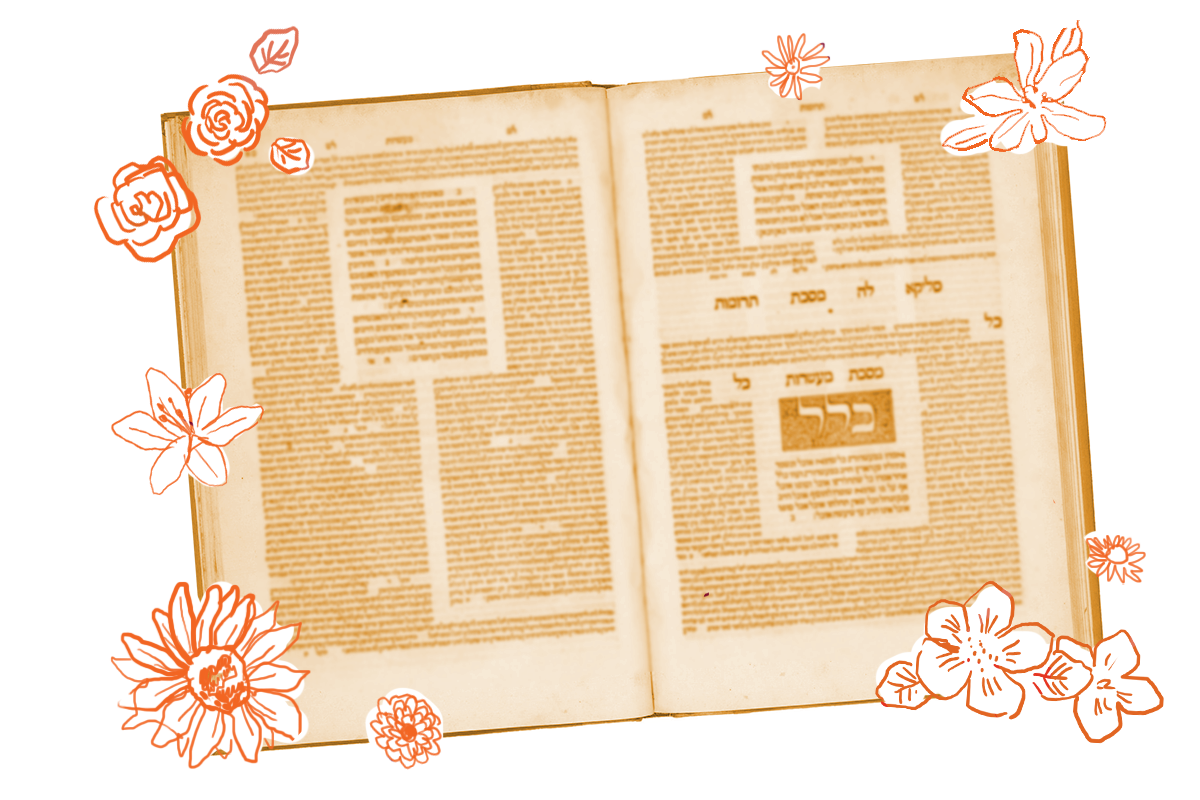Today’s daf includes a mishnah about another case in which a husband claims his new wife was not a virgin at the time of their marriage despite having claimed to be when they were engaged. As it discusses the matter, the Gemara utilizes a uniquely talmudic logical argument that the court might use to determine if the woman is telling the truth.
The case in the mishnah is as follows:
One who marries a woman and did not find her hymen intact, and she says: After you betrothed me I was raped. This is his misfortune as she was raped after betrothal.
And he says: No; rather, you were raped before I betrothed you, and my transaction (i.e. the marriage agreement) was a mistaken transaction.
In this case, the woman explains a lack of physical signs of virginity as a result of rape. And because the incident happened after her engagement, her marriage contract should remain unchanged. The husband claims she was raped before their engagement and that she wasn’t being truthful when they got engaged on the understanding that she was a virgin. As a result, the marriage should be voided.
What’s at stake here? If the woman was a virgin at the time of her engagement, the marriage contract guarantees her 200 dinars if the marriage ends in divorce or the death of her husband. If not, she receives only 100.
As we have come to expect, there are two opinions about whether or not we believe her. Rabban Gamliel and Rabbi Eliezer say that her report is deemed credible while Rabbi Yehoshua says that we assume, barring evidence to the contrary, that she engaged in intercourse before she was betrothed.
As part of its discussion of the case, the Gemara brings support for Rabban Gamliel’s position by invoking the principle of miggo. This principle assumes that if a person is lying, they will fabricate the most advantageous lie. Therefore, we can believe a person who makes less than the most advantageous statement because, if they were trying to be deceptive, they would have chosen a better alternative.
In this case, one can assume that if the woman was lying about the fact that she was a virgin at the time of her engagement, it would be better for her to have said that her hymen was ruptured by means other than intercourse. Doing so would not automatically prohibit her from marrying a priest (as does being raped) and it would help her avoid the social stigma that may accompany being a rape victim. Because she failed to make the most advantageous claim, her entire claim is believed.
That the Talmud does not address the physical and mental wellbeing of a woman who claims she was raped, focusing instead upon the credibility of her claim, is disturbing. As we did in Yevamot, we will continue to encounter difficult passages like this as we journey through Ketubot. But while the Talmud may be deaf here to sexual violence against women, a slice of today’s discussion does make a case for why, albeit in limited situations, we listen to a women’s claim.
Read all of Ketubot 12 on Sefaria.
This piece originally appeared in a My Jewish Learning Daf Yomi email newsletter sent on July 18th, 2022. If you are interested in receiving the newsletter, sign up here.



